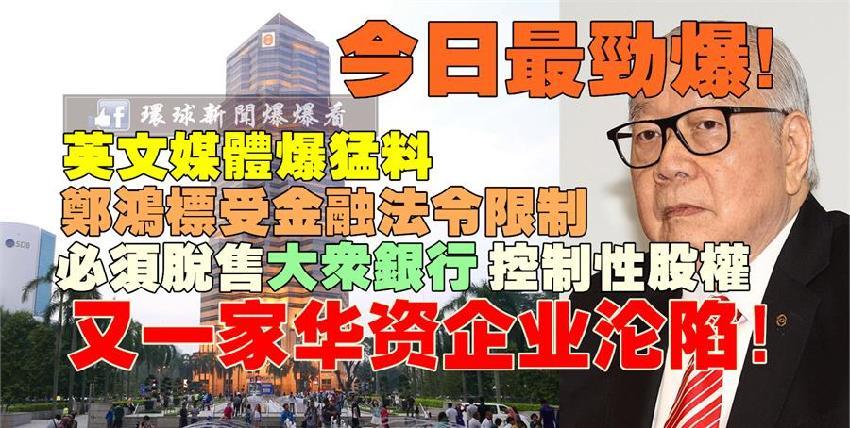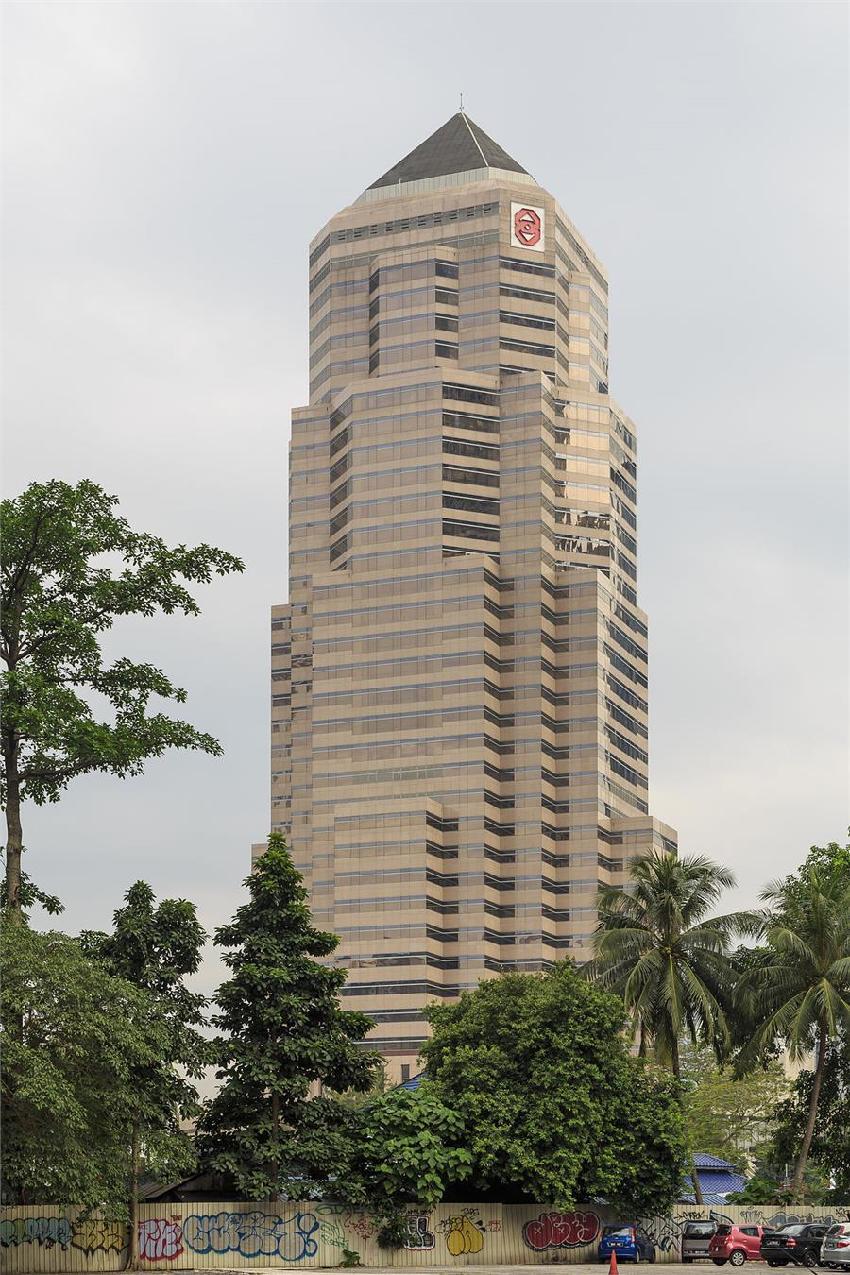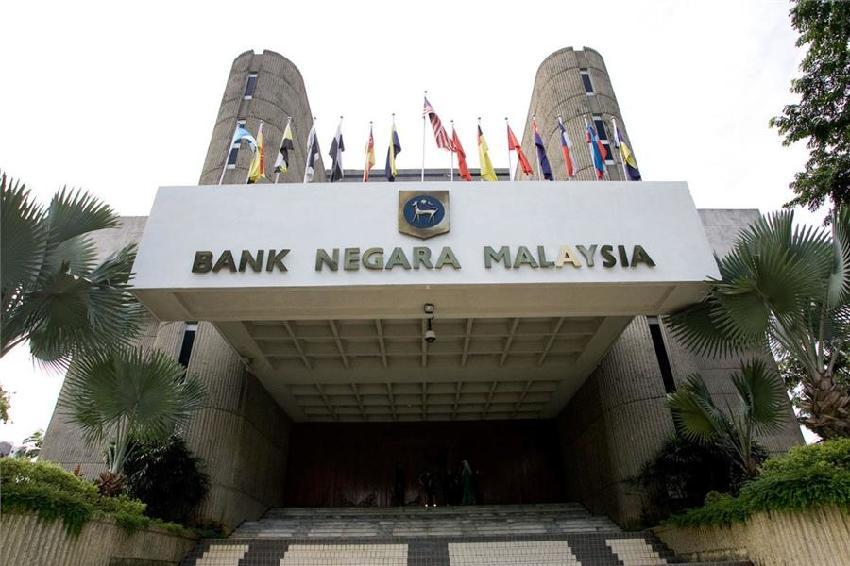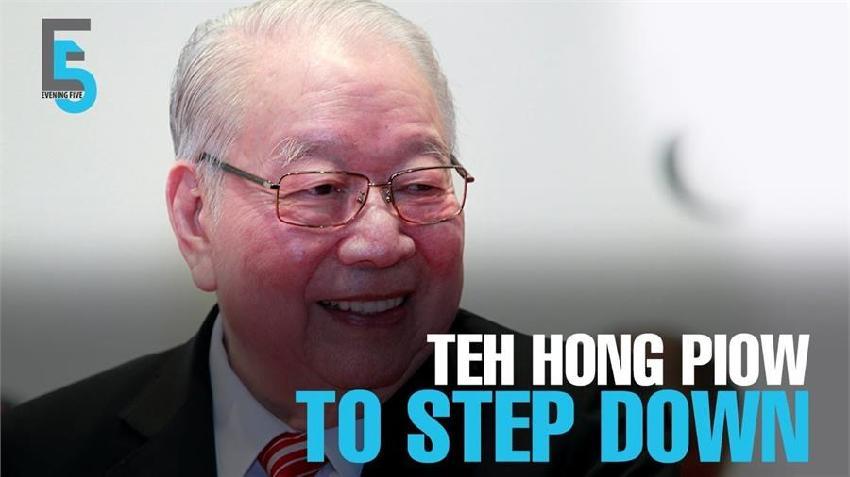最劲爆!又一家大型华资企业沦陷?丹斯里郑鸿标创办的大众银行,即将落入马来土著手中?

今日最劲爆!又一家大型华资企业沦陷?丹斯里郑鸿标创办的大众银行,即将落入马来土著手中?
英文星报《The Star》今日在一篇专题报导中引述金融专家的言论指出,今年已高龄88岁的丹斯里郑鸿标将在今年底正式引退。按照大马金融法令规定,他个人名下的23.4%大众银行股权,必须脱售至少13.4%!

这意味着,丹斯里郑鸿标虽然仍能保持作为大众银行最大的单一个人股东,但是他也将失去大众银行的实际控制权!
廣告-請繼續往下閱讀
而任何有意收购丹斯里郑鸿标13.4%股权的金融企业,必须事先获得国家银行批准,才能商谈收购事宜。没有得到国家银行首肯,任何个人或金融公司都不能染指大众银行股权。
以国内目前的经济政策来看,郑鸿目标13.4%股权,最大可能就是落入政府官联公司手中。也就是说,大众银行控制权落入马来土著手中,似乎已经是无可避免的了。

这既是说,一旦丹斯里郑鸿标退休后,他必须根据大马金融法令规定,即个人拥有银行股权不得超过10%的条例,而被迫变卖他手中的大部分股权。
大马金融法令也规定,超过限额的股权,一旦持有者退休之后,就算他的家族有接班人,最多也只能转让10%股权,超过这个数额的就必须脱售。
廣告-請繼續往下閱讀
按照目前大众银行的市值,丹斯里郑鸿标持有23.4%股权,总值为215.5亿令吉。任何人欲收购他手中13.4%股权,就必须拿出大约130亿令吉的代价。除非郑鸿标不愿放弃最后的10%股权,否则若悉数脱售的话,他将能套现200多亿令吉。

一些金融专家可能认为,丹斯里郑鸿标实际上还有第三种选择,那就是成立家族信托基金,然后将所有23.4%大众银行股权转为信托;那就可以长久持有股权,不必担心被他人鲸吞。
但是,根据了解,大马金融法令也有明文规定不可这么做。
总而言之,丹斯里郑鸿标一旦退休,他将别无选择,只能脱售至少13.4%股权给其他金融机构。
廣告-請繼續往下閱讀
内容未完结,请点击“第2页”继续浏览。
文章部分内容来源于网路,如果侵犯到您的隐私、权益、请点击检举按钮举报,网站将在第一时间进行处理,谢谢合作! 检举
事实上,马来西亚的银行业如今只剩下两家华资控制的银行,除了大众银行之外,另一家是丹斯里郭令灿控制的丰隆银行。由于丹斯里郭令灿也面对与郑鸿标一样的处境(手上控制着丰隆银行60%股权,远远超过国家银行的规定),丰隆收购大众的可能性不大。

企业界一般认为,最有可能收购大众银行的,将会是大马最大的马银行Maybank或排名第二的联昌银行CIMB。当然,不排除也有外国金融企业对大众银行感兴趣;但一切都得看国家银行的决定。
廣告-請繼續往下閱讀
换句话说,当丹斯里郑鸿标去年底宣布2018年底正式引退之后,实际上大众银行的话语权就已经落在国家银行手中了。
丹斯里郑鸿标虽然有儿有女,但却没有一个愿意接收父亲的领导棒子。据悉,郑鸿标有一个女儿目前在美国金融企业担任高职,她已经明确表态不愿接棒领导大众银行。

目前大众银行的行政管理权是由郑鸿标指定的管理团队共同负责,领导这个管理团队的,是跟随丹斯里郑鸿标40多年的丹斯里郑雅力Tan Sri Teh Ah Lek。
Who really controls Public Bank?
The almost instant answer that popped up was – Tan Sri Teh Hong Piow. That was the obvious owner, considering the billionaire banker owns 23.4% of the third-largest bank in the country and was worth some RM21.55bil as of the end of last year.
廣告-請繼續往下閱讀
However, by the time the dinner was over with an empty bottle of whisky, the group of bankers agreed that the real owner of Public Bank was Bank Negara.
Why Bank Negara?
Because the central bank keeps a close watch on the banking industry and is the regulator that approves shareholders of the financial institutions – all for good reason. In some ways, it has a rein on the shareholding changes in Public Bank.
Teh is 88 years old and does not seem to have a successor to run his banking outfit. At the moment, a team of seasoned bankers who have been with Teh for many years manage the bank.
Teh does not handle the day-to-day matters. He only looks at the “bigger picture” – which is actually a very big one if one were to look at how the bank’s shareholding will be resolved in the years to come.
With some 23.4% under his name, Teh is one of the few individuals allowed to hold more than 10% in a financial institution.
Under the Banking and Financial Institution Act (Bafia), individuals are only allowed to hold up to 10% in financial institutions. However, the bankers are allowed to hold a bigger stake in their banks due to a rule termed as the “grandfather rule” where individuals who have been holding interest in banks for a long time are exempted from complying with the Bafia.
But this rule only applies to the individuals. It is not a privilege extended to their children.
This leaves the owners with a problem – how do they pass on their wealth to the next generation or keep it intact so that their legacy will remain.
Bankers familiar with the issues of succession in financial institutions say that these tycoons are not even allowed to move their shareholding to a trust.
However, the problem lies with the stakes held by Teh. He have little choice but to gradually reduce his stakes. And when that happens, the regulator has a big say in who emerges as the new substantial shareholder.
So, is it correct to say that Bank Negara has a big say on who controls Public Bank? On paper, the central bank is definitely not the owner and has said that it does not dictate terms.
